Handwriting improvement Letter Recognition Worksheets for Ages 5-7
5 filtered results
-
From - To
Enhance your child's handwriting and letter recognition with our engaging Handwriting Improvement Letter Recognition Worksheets, designed specifically for ages 5-7. These worksheets combine fun illustrations and interactive activities to make learning enjoyable and effective. Children will practice identifying and writing uppercase and lowercase letters while developing fine motor skills essential for writing. Each worksheet is structured to reinforce letter recognition through repetitive exercises, improving both writing speed and accuracy. Tailored for early learners, our resources support your child’s confidence and foundational literacy skills, ensuring they develop a strong base for future reading and writing success. Spark your child's love for writing today!
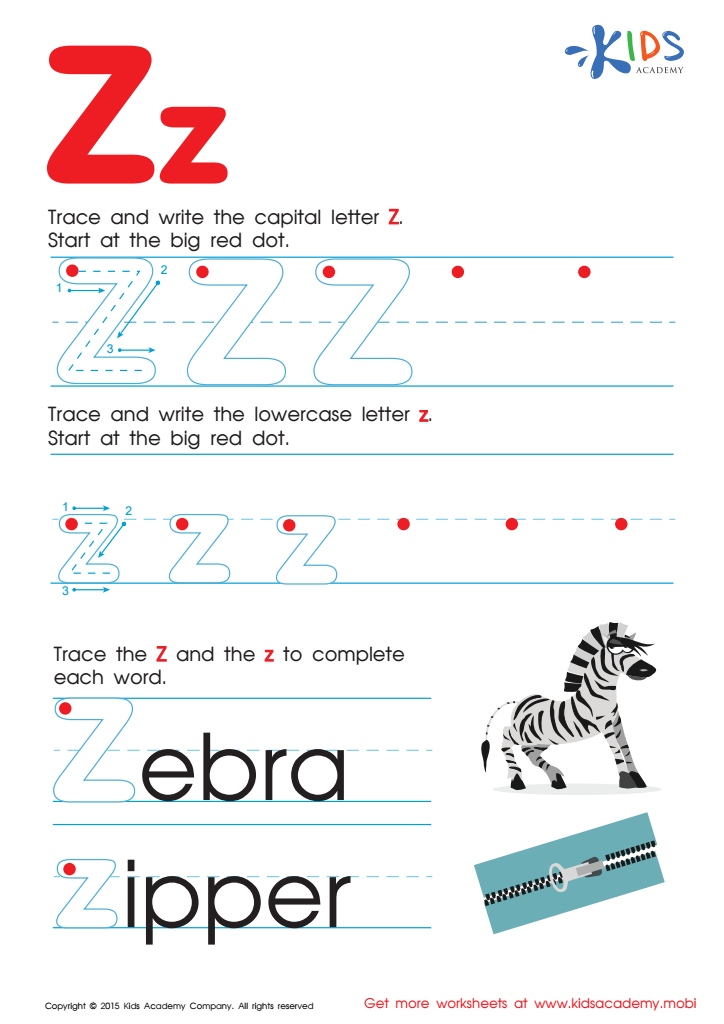

Letter Z Tracing Page
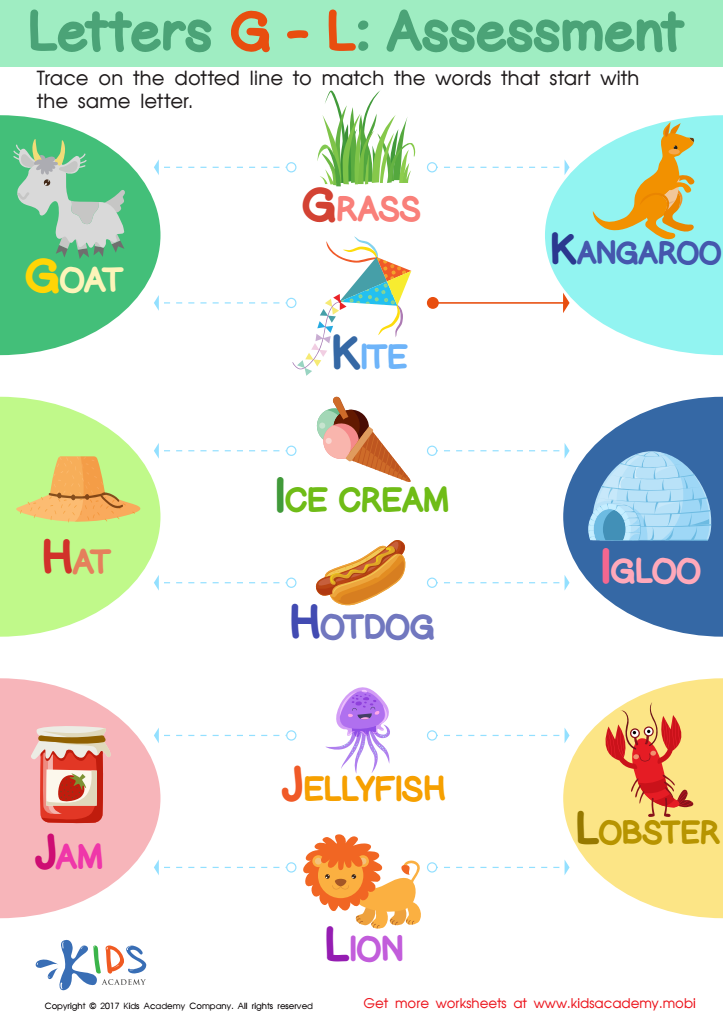

Letters G-L Worksheet
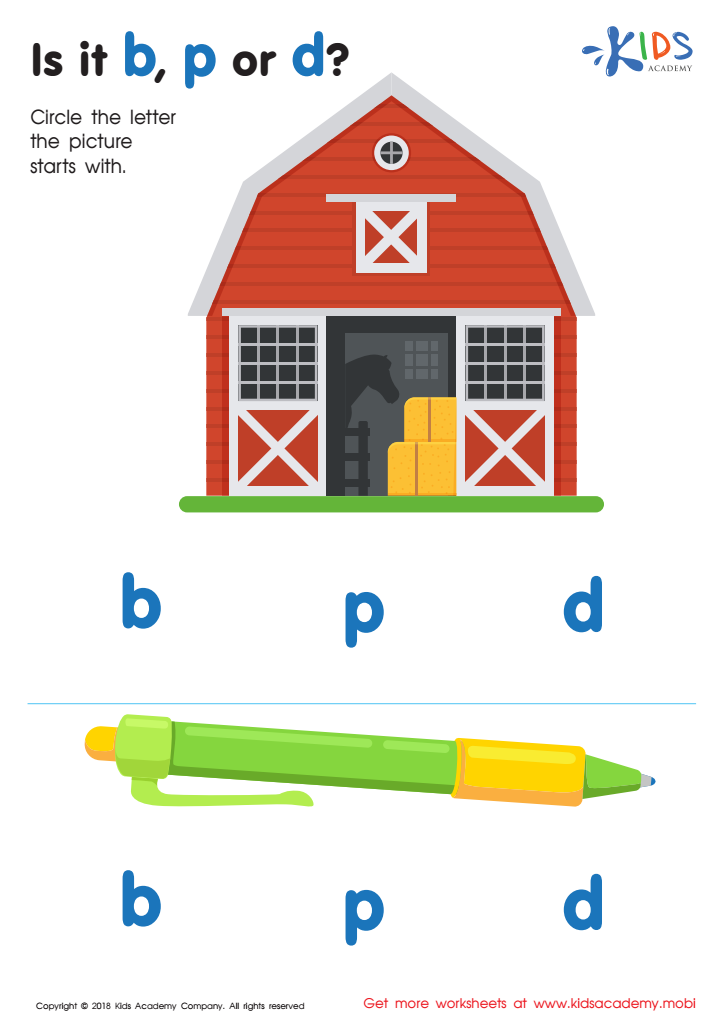

Is it b, p or d? Worksheet
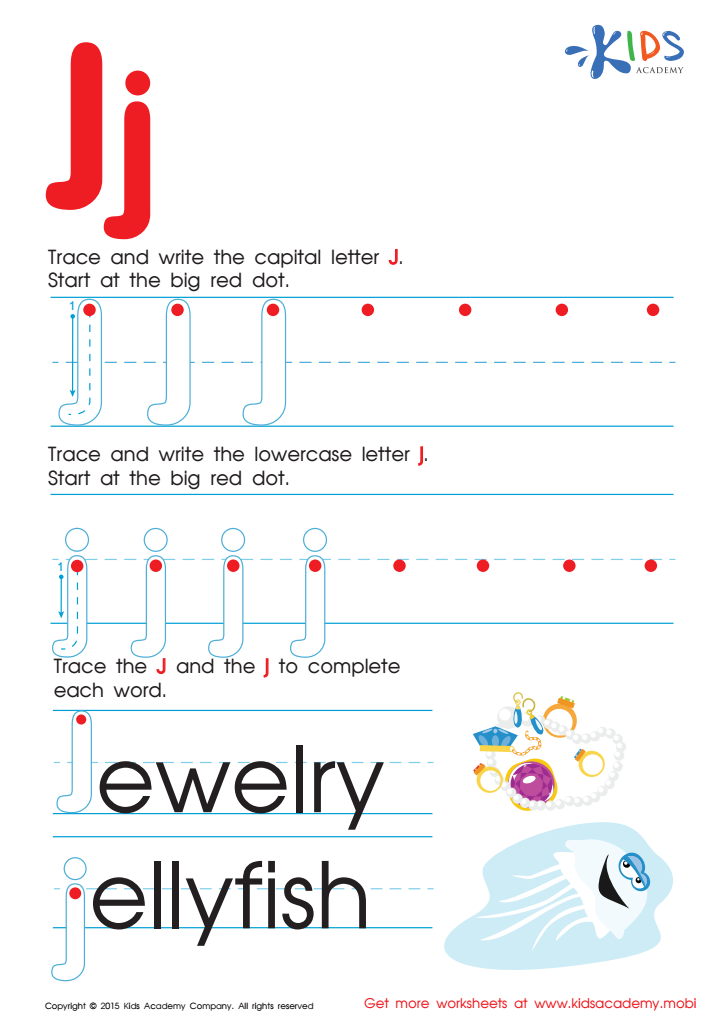

Letter J Tracing Page
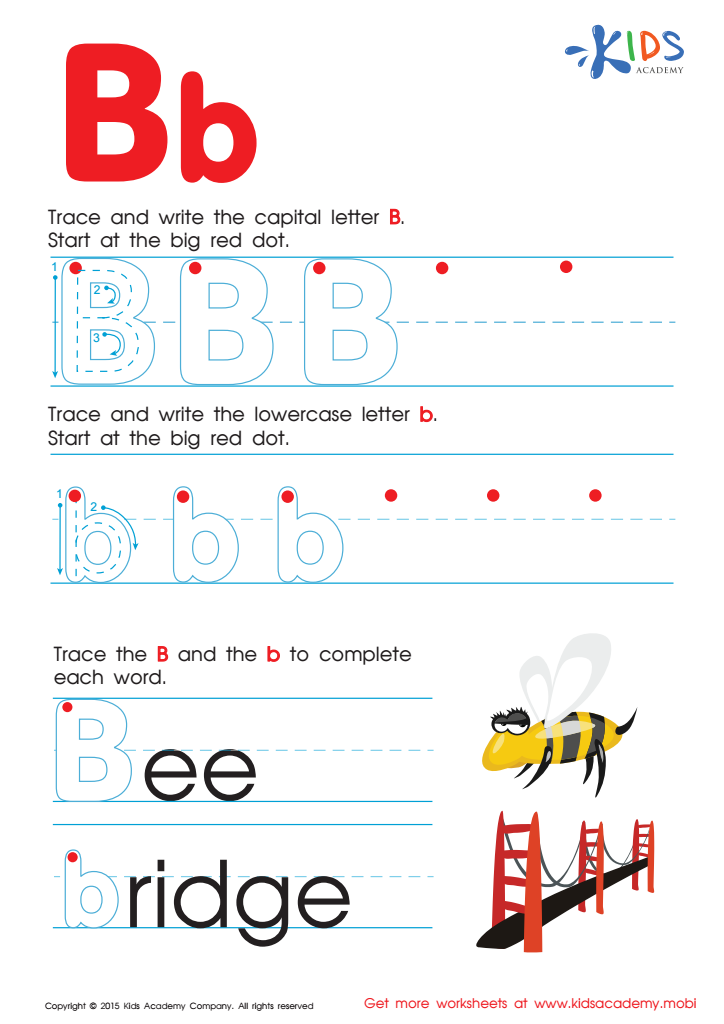

Letter B Tracing Page
Handwriting improvement and letter recognition are fundamental for children aged 5-7 as they lay the groundwork for literacy development and overall academic success. This stage of early education is crucial, as these skills help facilitate effective reading and writing abilities, which are vital for communication and learning. When children learn to recognize letters, they begin to connect spoken language with written symbols. This connection fosters confidence in their ability to decode words and understand text.
Moreover, improved handwriting leads to better expression of ideas. Children with well-formed letters can focus more on their thoughts rather than struggling with the mechanics of writing. Additionally, neat handwriting can reduce frustration during assessments and written assignments, allowing young learners to showcase their understanding more clearly.
For parents and teachers, prioritizing handwriting and letter recognition helps to boost children’s self-esteem and instills a love for learning. Engaging children in playful activities related to these skills can create a positive learning environment that encourages motivation. Ultimately, nurturing these foundational skills in early education is essential for children’s future academic journeys, ensuring they have the tools to thrive as they move into more complex subjects.

 Assign to My Students
Assign to My Students





















